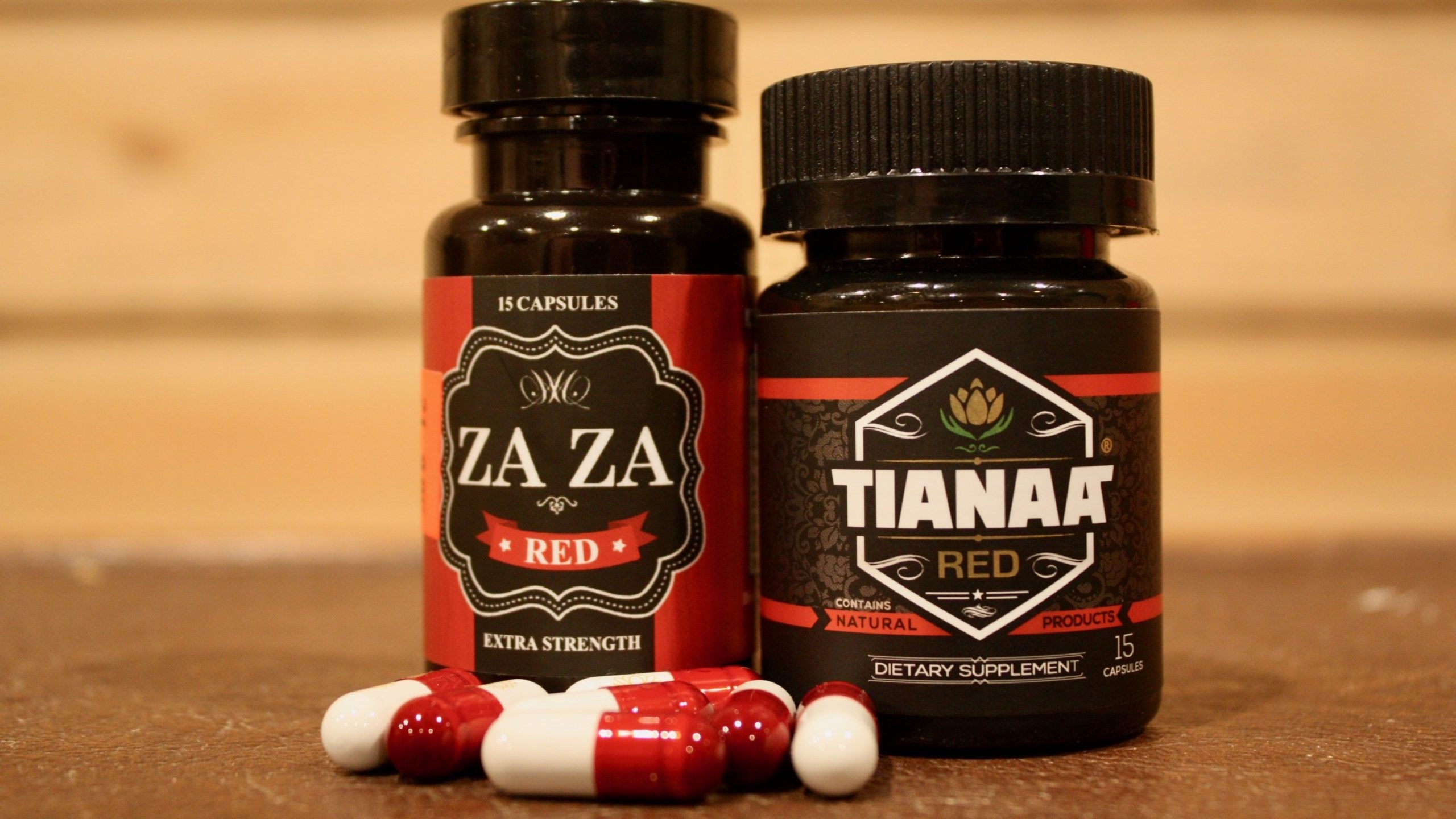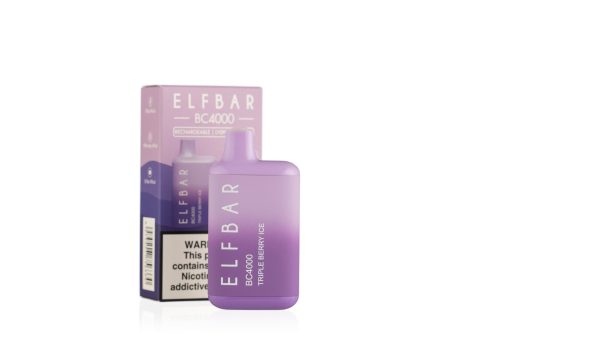Walk into the nearest gas station by your home and look by the shelves surrounding the station clerk’s register where, almost always present, are multi-colored brands of various snake-oil-seeming pharmaceuticals: Nootropics, libido stimulants, various other non-FDA approved supplements and concentrates. These chemical pastilles often recreate the effects of legal and illegal substances alike — Tianeptine, a compound found in Tianaa and ZaZa brand “dietary supplement” sold throughout Alabama, being a prime example.
Tianeptine is an atypical antidepressant but sold as a “dietary supplement” despite not meeting the statutory definition, according to the FDA. If taken in high enough doses, tianeptine mimics the effects of opioids and is touted by some consumers as a “healthier” alternative to opioids, or to ease off prescription painkillers without rehab or methadone programs.
“From my understanding talking to patients, most are actually trying to get off of opioids and use tianeptine as an alternative to blunt their opioid withdrawals, unfortunately, not understanding that tianeptine withdrawals are way worse,” said Dr. William F. Rushton, director of the Office of Medical Toxicology in UAB’s Department of Emergency Medicine, speaking to APR.
In June, Rushton and other researchers published a study on the characteristics of tianeptine use and its effects on users.
“Withdrawal appears to set in within hours of last ingestion, requiring those who are using tianeptine to ingest the product every several hours. The withdrawal syndrome has some similarities with opioids (vomiting, diarrhea, muscle aches, severe anxiety) but also has symptoms that we also see with alcohol and benzodiazepine withdrawal (confusion, severe agitation, high blood pressure, high heart rate, severe sweating),”. Rushton said.
“Our paper describes several of these withdrawal cases that actually had to be sent to the ICU,” Rushton said.
In the same paper, Rushton cites a similar study on two fatalities in Texas due to tianeptine intoxication that weren’t reported to the National Poison Data System, according to the CDC.
The exact number of tianeptine users is unknown, but according to Rushton, his office has received “20-50 calls a month throughout 2020” from ICU’s with cases involving tianeptine intoxication. “What we do know is prior to August 2019, our poison center had fewer than 5 calls ever regarding tianeptine,” Rushton said. “That number has continued to dramatically rise each month since.”
Because of its addictive nature and similarities to opioids, tianeptine was placed on the Alabama schedule II controlled substances list by the Alabama Department of Public Health in September. But, in early November, Premier Manufacturing Products — a Florida company responsible for the Tianaa brand of tianeptine pills — demanded that ADPH withdraw their impending action, pointing to ADPH’s failure to file an economic impact study on the adverse monetary effect banning tianeptine in Alabama would have on the company and others.
“We have never received a notice of injury or overdose of our product,” said James Morrissette, founder of Premier, in a July letter to State Health Officer Dr. Scott Harris. “Please note-it is not even classified as an opiate or narcotic–, There are no known deaths that tianeptine was found as the cause and in 4 years*, there were only 207 Poison Control Calls. The Alabama PCC received 108,000 calls last year alone.”
ADPH and Premier jointly dismissed the case with Premier, with the Department of Public Health saying they would restart the rulemaking process “as soon as possible.”
James Morrissette and Premier Manufacturing Products did not respond to requests for comment on this story.
“The manufacturers are producing this product to get people addicted to it. There is just no way around that,” said a 39-year-old tianeptine user, who asked not to be named. “The manufacturers advertise ‘herbal supplement’ or ‘dietary supplement.’ They do not ever mention the fact that this stuff is horribly addictive.”
This user is a financial worker in Huntsville and began taking Tianaa brand pills two years earlier when a co-worker offered the pills at a previous job in Birmingham.
“It felt like I had taken a 10mg lortab (Vicodin),” they said. “For the first six or seven months, I took no more than three pills a day. At this time, I had absolutely no idea what tianeptine was or that it was potentially addictive. This turned out to be a huge mistake.”
This initially small intake grew from three pills, to six or eight bottles a day.
“I was in a horrible position. I had no idea what I was going to do. The withdrawals are just indescribably painful. I considered suicide just to avoid them,” they said. “I lost my job in Birmingham, found a job in Huntsville. Had to get family to help me with the move. I was on unemployment at the time.”
It took regimented doses of Suboxone, a prescription medication used to combat opioid dependence, before the physical dependence and withdrawals from tianeptine stopped.
“This has been the biggest struggle of my life,” they said. “I’ve been addicted to just about every drug under the sun, and tianeptine isn’t even in the same ballpark. I have destroyed myself financially. I’m still very much mentally addicted to tianeptine.”
Online, a growing community of current and former users of tianeptine share similar stories of personal struggle with the compound on the Subreddit R/QuittingTianeptine. The group has close to 1,550 subscribers, many from Alabama, as well as other states in the Southeast.
“Tianeptine is the most insidious, dangerous drug being sold,” one user, Jason, 51, a former tianeptine consumer in Greenville, South Carolina, told APR this month. “The withdrawals can make you go mad, or want to end your life. I am thankful to be free and clear. It was painful like nothing I’ve ever known.”
One of the Subreddit’s moderators is Jen, a 47-year-old mother of three from Philadelphia. She began using it in 2015 and frequented the Subreddit while she was addicted to tianeptine.
“A lot of what happened in those days is hazy, ” she said. “There were a few core users back then, and we all supported each other. The only common thread we had was tianeptine.”
She and others discussed their shared experience with the compound, suggesting which medications to use for alleviating tianeptine addiction and dependence. “People worked out excel spreadsheets for how to taper off,” she said. “It seemed very few of us were successful though.”
Jen’s addiction grew, culminating in a suicide attempt in 2017 after she tried to quit her consumption cold-turkey.
“I felt the only way I could stop the use and the destruction I was causing was suicide,” she said. “I really feel that tianeptine affected my brain chemistry to bring me to that place. It was such a calm, matter-of-fact decision. I crushed and swallowed 90 Vicodin and 30 Xanax. I don’t know how I woke up or how my liver survived.”
She took months to recover mentally and physically.
“That stuff is awful,” she said. “Anyone selling it should be shut down and fined.”
In July, Alabama Rep. Mike Holmes, R-Wetumpka, pre-filed new legislation, which would place tianeptine on the controlled substance list, mimicking similar legislation that died in the Senate after the legislative session adjourned sine die due to COVID-19 earlier this year
The legislation, HB2, could be taken up when the 2021 regular session begins in February.






















































